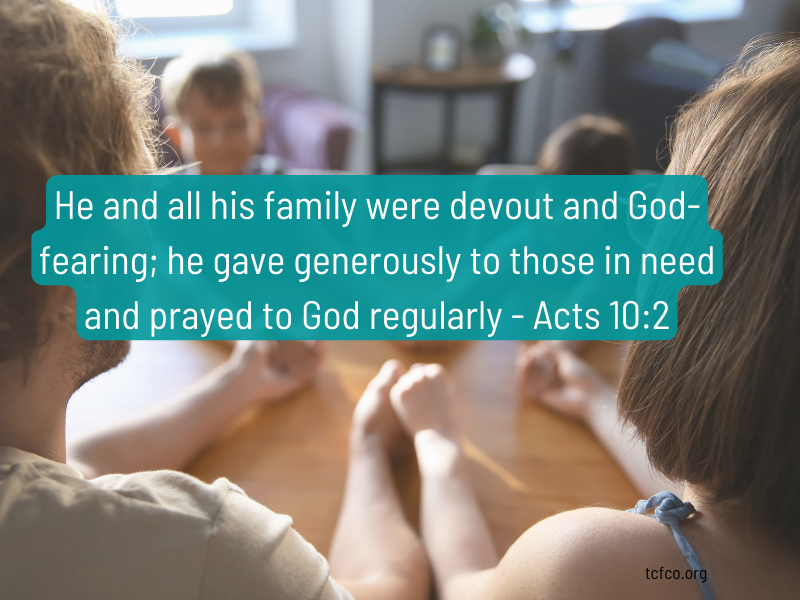1. Happily Ever After – That Wasn’t to Be
In Genesis 1-2, we see humanity as the apex and glory of God’s creation – made in the image of God, tasked with stewardship/care of the world, and to ‘Be fruitful and multiply’ (Genesis 1:26-28). The man sings to the woman – “This is now bone of my bones and flesh of my flesh…”. The Genesis account adds: “For this reason a man shall leave his father and his mother, and be joined to his wife; and they shall become one flesh.” (Genesis 2:23-24).
All this sounds like the proverbial “happily ever after”, but that was not to be. When sin entered, the story became about struggle, toil, pain, suffering, thorns, thistles, sweat, murder, death, manipulation, deception, bullying, domination, control, etc. Ever since, the “happily ever after” has been relegated to romantic movies, fictional novels, etc. In the real world, while there is still a lot of good, one invariably comes face to face with the impact of the fall.
2. Ideal vs Real – Victims and Perpetrators
2.1. The Greatest Commandment
Jesus gave the greatest commandment in Matthew 22:36-40 – to love God and to love neighbor. For a fallen human being, while it may be easy to claim to love God, to love another is hard (though that remains the goal). What are we to do, for example, if the “neighbor” is a dominant bully, abusive, irresponsible, wants to exercise narcissistic control over you, etc – not to talk of the numerous mental health issues plaguing our societies? It gets even more complicated if this happens within a family. In such circumstances, is one supposed to be like lamb to the slaughter, or fight back to continue to do good and to protect/defend others? (Jesus seems to have done both when he faced that situation with the Pharisees and religious leaders – he stood up to them and exposed them and when they put him to death, he went like a lamb to the slaughter).
2.2. One’s Own Household
It is easy to paint an ideal picture of what marriage/family ought to be (the Genesis story, the representation of love in the Trinity, etc) – a lot more difficult to get to anything that even resembles it (even without the more extreme situations mentioned above). In the fallen world, all of us are both victims and perpetrators at various levels.
John 7:5 says that Jesus’s own brothers did not believe him. Jesus said in Matthew 10:21 “Brother will betray brother to death, and a father his child; children will rebel against their parents and have them put to death”. And in Matthew 10:36: “a man’s enemies will be the members of his own household” The curse in Genesis 3:17 begins with these terrible words: “Because you listened to your wife…” (Gen 3:17). If there is a Judas in Jesus’s close-knit group/family, what hope do we have? What hope is there for our families to be missional families that align with God’s purposes?
2.3. No Easy Answers
Many organizations are at the forefront of helping with these issues through awareness, empowerment, building reconciliation processes, etc where possible. We do not have to pretend that there are any easy answers. Maybe, in some cases, there are supposed to be no answers, or the only answer is to look forward to the new creation (Revelation 21-22 – where there will be no more pain, no more tears, no more mourning, no more death, etc).
3. Aligned and Tasked in the Kingdom of God
The story of the fall in Genesis 3 however is not without the more important story of redemption, the hope, God’s purpose to establish His Kingdom on earth, and our role in it. Christ’s resurrection already marked the dawn/inauguration of the new creation, and we are already betrothed to Christ. The followers of Jesus (the church) are tasked to make life more garden-like (or new-creation-like).
3.1. Case of Cornelius
In the book of Acts, we see the story of Cornelius, a Roman Centurion. Acts 10:4 says of him: “Your prayers and gifts to the poor have come up as a memorial offering before God”. Acts 10:2 says, “He and all his family were devout and God-fearing; he gave generously to those in need and prayed to God regularly”. Peter says in Acts 10:34-35, based on his encounter with Cornelius: “I now realize how true it is that God does not show favoritism but accepts men from every nation who fear him and do what is right”.
3.2. Varying Degrees of Impact
God deals with us at various levels as individuals, families, the church, communities, nations, humanity as a whole, etc. The outflow of an individual’s alignment with God’s purposes impacts families. Families that are aligned with God’s purposes impact communities and the church. In Cornelius, we see a missional man creating a missional family that had an impact beyond family.
Since all humans have free will, the level of impact would be varying (rightly so), but the goal remains to be missional (align with God’s purposes) – as individuals, families, churches, societies, communities, etc. God has tasked us with such a role to build that, with God’s help.
For More: https://tcfco.org/bible-study

